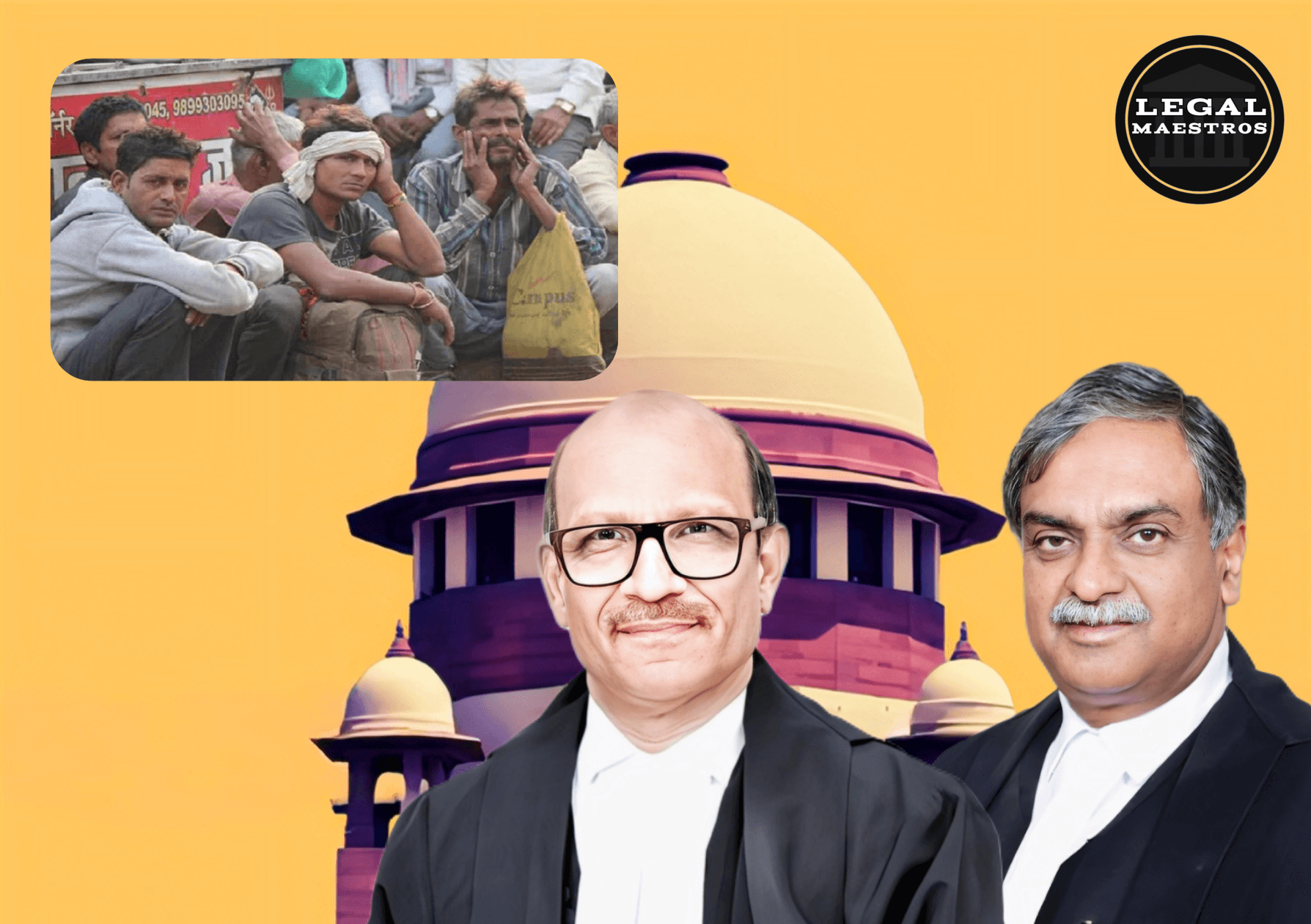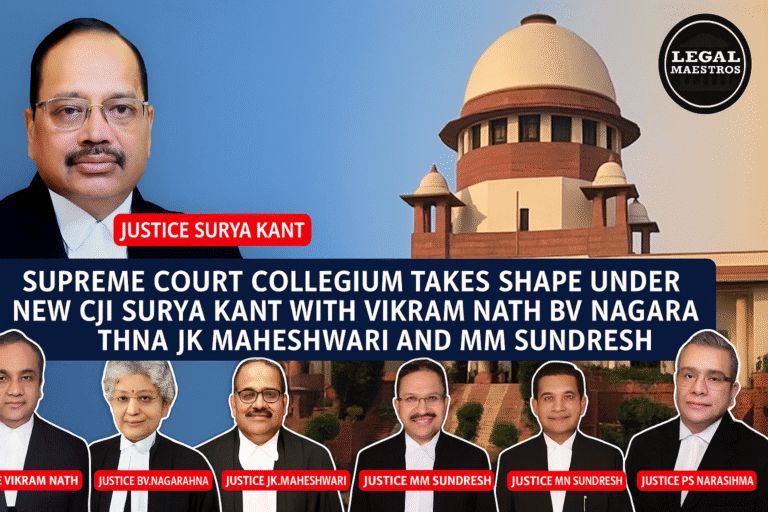
In a landmark ruling, the Supreme Court of India answered one of the burning questions in regard to the rights of the long service daily wages employees on public institution. The case Dharam Singh & Ors. v. State of U.P. & Anr. was based on the question whether years of ad hoc employment can be employed in denying the rights of those who perform permanent work in a public body. The Court pointed out in its judgment that employment in the State should be designed in a way that is just and sensitive to the dignity of work, and that the State should not use financial crisis as justification of not providing these rights.
The factual background The Factual Background
The case pertained to the six appellants who were under the employment or contracted to work as daily wagers between the year 1989 and 1992 under the U.P. Higher Education Services Commission. Five of the appellants were Class-IV employees (peons/attendants) and the sixth was employed as a Class-III Doctor. They were employed as daily wage-workers and after that, on a consolidated basis of monthly pay on thejob in the form of support and ministerial functions at regular office-hours. As their work could not be done without them, the Commission had made several attempts to get sanction of the State Government to create 14 posts in class-III and-IV. Yet these suggestions were consistently denied by the State on the grounds of curtailment and prohibition of establishment of new jobs.
Dissatisfied over this the appellants approached the High Court with a writ petition praying to quash the rejection order of the State and direct it to create the posts and regularize their services. The Single Judge, as well as the Division Bench of the High Court, dismissed the petition holding that the Commission did not have rules on regularization of daily wagers, that there were no vacancies, and that regularization of the daily wagers was barred by previous judgments. Secretary, State of Karnataka v. Umadevi & Ors. The appellants subsequently visited the Supreme Court
For any queries or to publish an article or post or advertisement on our platform, do call at +91 6377460764 or email us at contact@legalmaestros.com.
The High Court has misdirected itself
The Supreme Court held that the High Court too had failed to deal with the main issue of the challenge laid out by the appellants. The Court observed that the writ petition filed was not just a plain request of regularization because it is an outright demand that the State should acknowledge the request to sanction the posts. By only putting the case in terms of absence of rules and vacancies and through resorting to the concepts of rule and vacancy it was possible to treat the case as having no rules and vacancies.
In madevi, the High Court had not taken up the opportunity of exercising its jurisdiction to question the legality of the rationale of the State.
The Supreme Court pointed at the fact that the refusals of the State were non-speaking and were premised on a generalised plea of lacking funds which did not consider such functional need as the Commission had been counting on the presence of the daily wagers. According to the Court, whereas the creation of posts is an executive act, refusal to sanction posts does not fall outside the reach of the court in terms of arbitrariness. The perennial and non-discrete character of the job done by the appellants since 1989-1992 also conveyed the idea that their obligations were permanent and thus the argument of lack of strength of the State was invalid.
Clarifying the law and Scrapping the Umadevi precedent
The Supreme Court also explained that the High Court was wrong in basing its decision on Umadevi. The Court said that as contrasted to the Umadevi case, this case was not an attempt to evade the constitutional arrangements of public employment but instead it was an outcry against the arbitrary behavior of the State. Several recent cases on the matter were cited by the Court. Vinay Kumar Singh Union of India and Shripal and another Bharati, Nagar Nigam, Ghaziabad, which warned that that Umadevi cannot be used as a protective shield to legitimise exploitation by engaging in long term ad hocism or depriving employees undertaking same duties over long periods without basic parity. The Court held that even in Umadevi there is a distinction between illegal and irregular appointment and the latter must meet some conditions in order to be regularized. According to it, the government institutions take it as their greater responsibility to prevent such a form of exploitative employment.
Besides, the Court noted that the assumption of there being no vacancy has been proved wrong by documentation, such as a response to a RTI request and the application filed by the appellants that recognized the presence of vacant positions. The Court also observed that other parties of the same Commission who were in similar positions as that of the daily wagers had received regularization which was an indication of inequality of treatment and a breach of equity. The Court also disapproved the submission that the reorganization now and the policy of outsourcing Class-IV functions might be a reason to make arbitrary refusals or even out of order consideration of the appellants retroactive. By relying on outsourcing, the Court stated that the latter cannot serve as a comfortable excuse in order to spread precariousness in situations where the work is intrinsically permanent.








2 thoughts on “Supreme Court Orders Regularisation of Long Serving Daily Wage Workers: Calls State’s Refusal to Sanction Posts Arbitrary by Justices Vikram Nath and Sandeep Mehta”